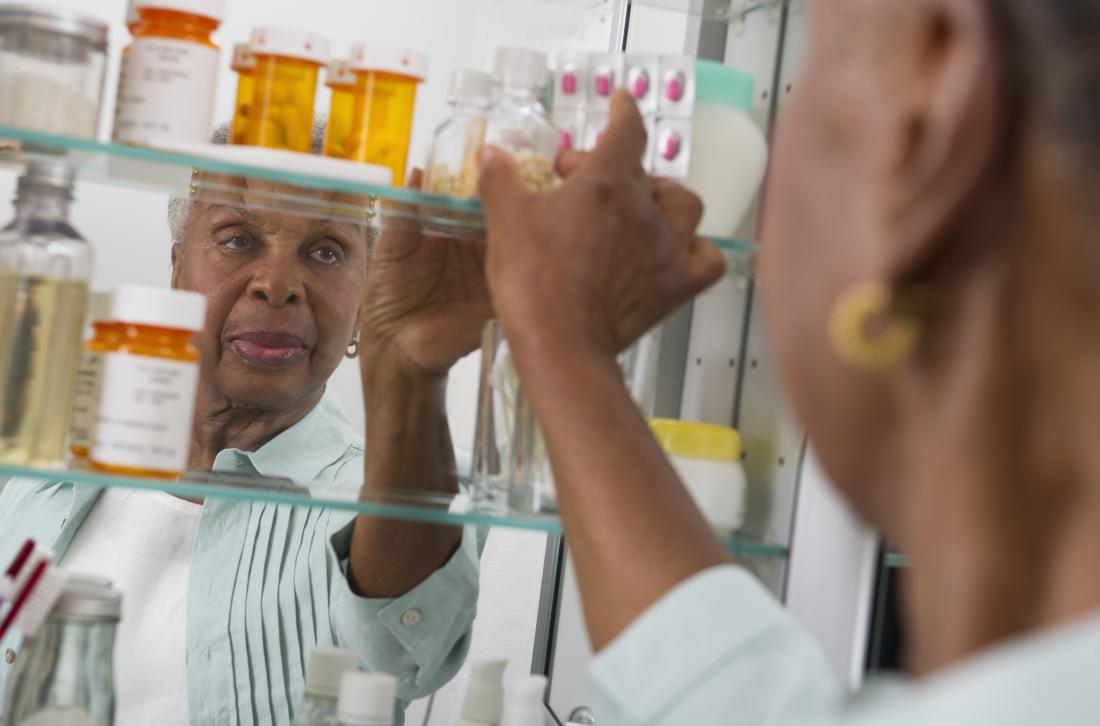How aspirin may benefit some people with head and neck cancer

Recent research has tied regular use of nonsteroidal anti-inflammatory drugs, such as aspirin, to longer survival in some people with head and neck cancer.
The researchers propose that there should now be a clinical trial to test the effectiveness and safety of nonsteroidal anti-inflammatory drugs (NSAIDs) for this purpose.
They suggest that the effect that they observed is likely due to the NSAIDs reducing prostaglandin E2, a molecule that promotes inflammation.
A paper on their findings now features in the Journal of Experimental Medicine.
Head and neck cancers are cancers in which tumors develop in the nose, sinuses, larynx, throat, and mouth.
In most cases, the tumors arise in the flat thin squamous cells that form the tissue lining of surfaces. For this reason, they bear the name head and neck squamous cell carcinomas (HNSCCs).
In the United States, people with HNSCCs account for around 4 percent of all those with cancer. These types of cancer also tend to have a lower rate of survival compared with many other types.
The main risk factors for HNSCC are tobacco use, heavy use of alcohol, sun exposure, and infection with the human papillomavirus (HPV).
Aspirin and HNSCC
Previous research has suggested that taking aspirin regularly can reduce the risk of developing HNSCCs.
However, the recent study is the first to link the use of aspirin and other NSAIDs to longer survival in some people who already have HNSCC.
It found that, among people with HNSCC and alterations in the PIK3CA gene, those who regularly used NSAIDs had a longer overall survival rate than those who did not.
Regular use of NSAIDs appeared to make no difference to survival in people with HNSCC who did not have any PIK3CA gene alterations.
The researchers defined regular use of NSAIDs as using them at least twice a week for 6 months or longer.
"The present study," says senior study author Prof. Jennifer R. Grandis M.D., who works in the Department of Otolaryngology at the University of California, San Francisco, "is the first to demonstrate that regular NSAID usage confers a significant clinical advantage in patients with PIK3CA-altered HNSCC."
